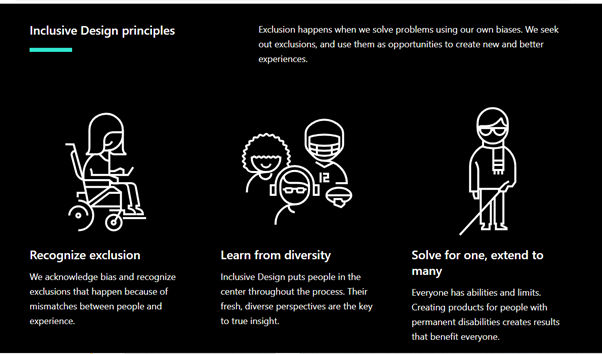The Top Trends Influenced Industrial Product Design in 2024
Consumer preferences play a significant role in shaping product design trends, influenced by technological advancements, changing consumer habits, and increased social and environmental awareness. As we approach the end of 2024, it is crucial to examine the key design trends that are impacting industrial and product design.
AI Integration Revolutionizing Design Processes
AI integration is leading a revolution in the design process by empowering product design consultants to create innovative and user-centric products. Tools like Mid Journey and Vizcom, powered by AI, are enhancing creativity and efficiency in the design process by employing machine learning algorithms to generate design options. This not only streamlines the design process but also contributes to the emergence of new product design trends in 2024.

Smart Manufacturing and Digital Fabrication Technologies
Smart manufacturing and digital fabrication technologies such as 3D printing, laser cutting, and CNC routing are transforming product design by enabling designers to create physical models directly from digital data. These technologies facilitate rapid prototyping and more complex design iterations, leading to the development of innovative and intricate designs.
Sustainability as a Core Focus
Sustainability has evolved from being a trend to becoming a core focus in industrial design. Companies like Patagonia and AllBirds are setting examples of profitable and responsible sustainable design practices. The concept of a circular economy is gaining momentum, emphasizing the importance of reusing and recycling materials to design energy-efficient and environmentally friendly products that benefit the planet.

Human-Centric and Inclusive Design
Human-centric design prioritizes user needs, emotions, and behaviors, incorporating extensive user research and empathy mapping to create intuitive products that enhance user experiences. Inclusive design ensures that products are usable by individuals of all genders, races, ages, ethnicities, and sexual orientations, while accessible design focuses on catering to users with disabilities.
Color Psychology and Visual Storytelling
Color psychology plays a significant role in product design, with the trend of color pop emerging as a key theme. Brands like Teenage Engineering are leveraging bright colors strategically to enhance visual appeal and usability. Visual storytelling and design principles, including visual hierarchy and emphasis, guide users' attention and enhance their understanding of a product's functionality.
Immersive Technologies Shaping User Experiences
Immersive technologies such as augmented reality (AR), virtual reality (VR), and mixed reality (MR) are revolutionizing user interactions with digital products, offering more engaging and interactive experiences. Designers are expected to adopt these technologies to create innovative and user-friendly experiences across various industries.










